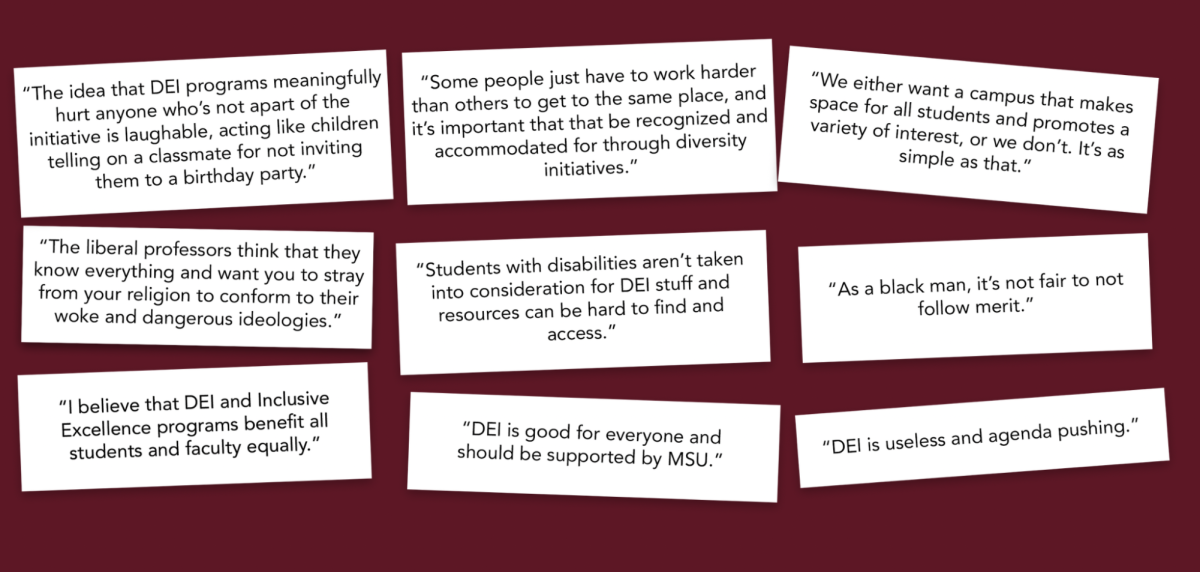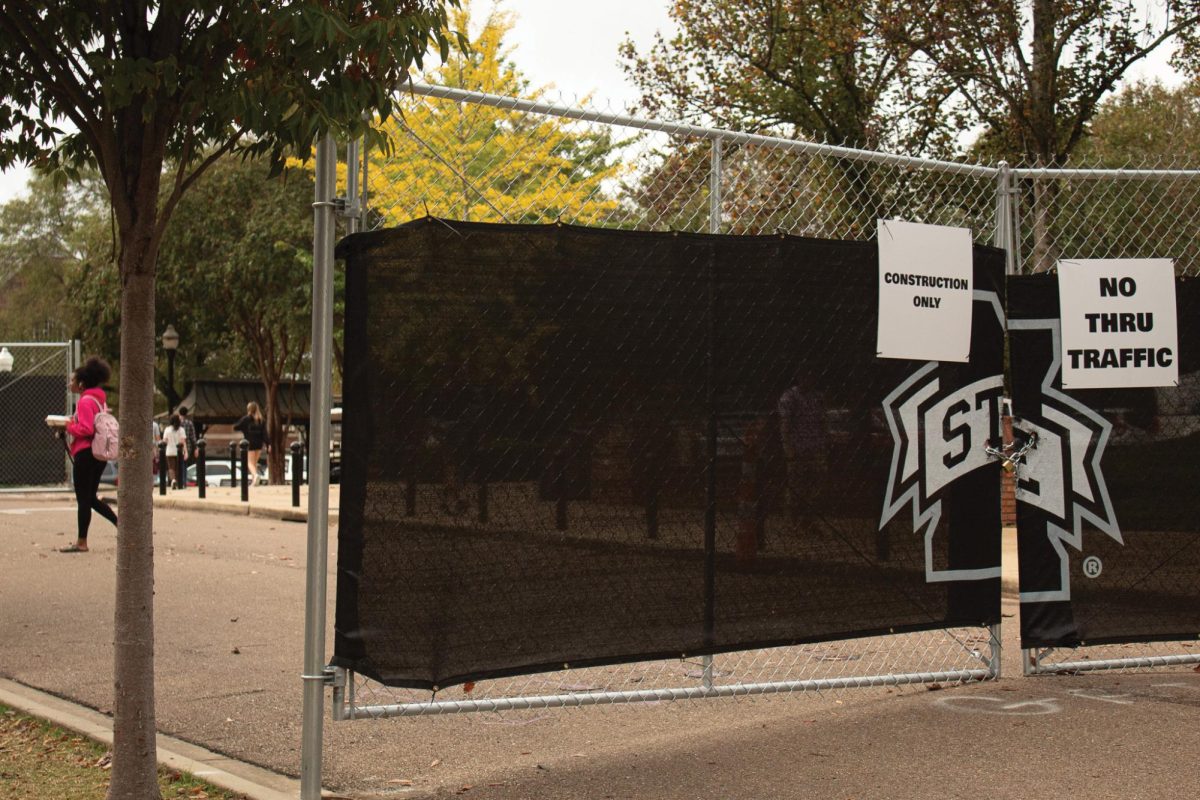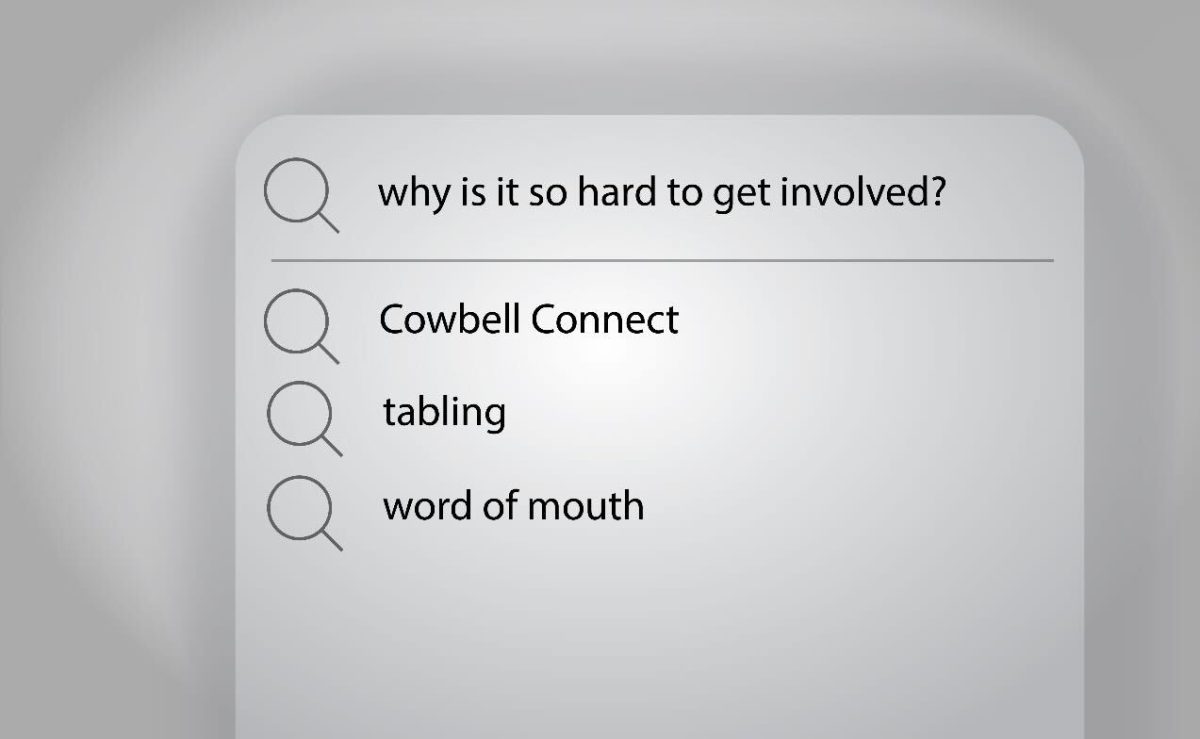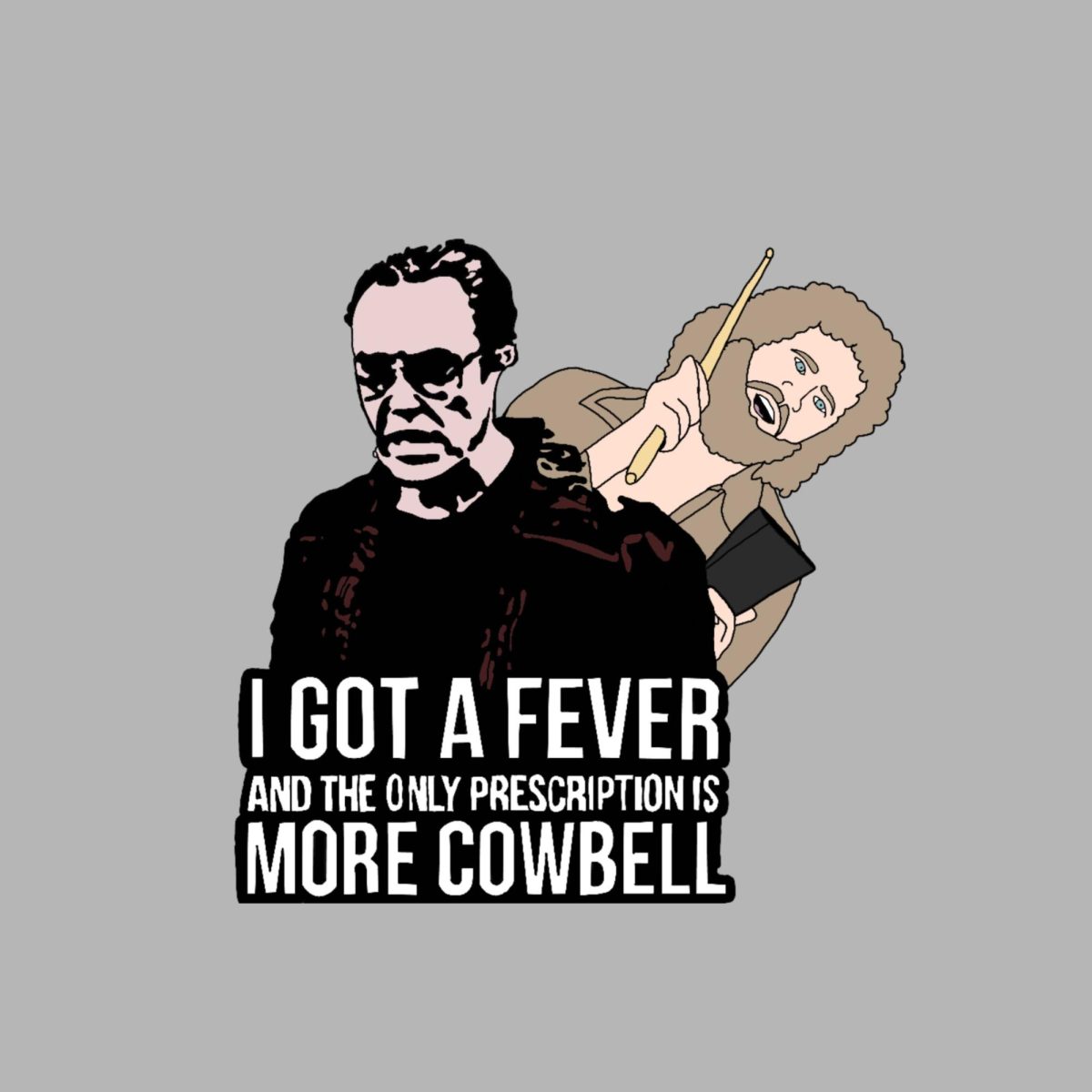In today’s STEM-obsessed culture, the value of a liberal arts degree is often non-existent. Students are seeking job security and a lifetime of stability from their expensive college education, and tend to shy away from liberal arts.
As stated by The Hechinger Report for U.S. News, a study conducted by the American Academy of Arts and Sciences, shows only one out of every 20 college students are liberal arts majors.
This is a drastic change from 1967, when the rate was nearly one in five. Large universities are making substantial cuts to their liberal arts programs in order to send more funds into STEM programs. As a result, small liberal arts colleges are shutting down left and right.
As an English major myself, I cannot help but feel uneasy. Is my own degree a waste of time and thousands of dollars? Does the ominous stereotype of the overqualified-liberal-arts-graduate-turned-barista hold any truth? Should it scare me away?
After some research, I do not believe so. According to the Association of American Colleges and Universities, the unemployment rate for recent liberal arts graduates is 5.2 percent and decreases to 3.5 percent for experienced workers.
A degree in liberal arts sharpens the exact skill set so heavily demanded by employers today. The National Association of Colleges and Employees performed a survey seeking to identify the most valuable qualities in a potential employee. They found 77 percent of employers ranked problem-solving skills as a top quality, and 75 percent said they were looking for an employee with strong communication skills, both written and verbal, as reported by Mark Schneider and Matthew Sigelman of the American Enterprise Institute.
Additionally, The Association of American Colleges and Universities also found 80 percent of all employers would say students should be knowledgeable about liberal arts and sciences.
Some even say a liberal arts concentration can lead to a more well-rounded individual. According to Professor McDermott of New England College, “Studying the arts and humanities, in particular, teaches us about and helps us understand human experience, present and past, familiar and global; it helps us find commonalities and differences in our own ideas and beliefs and those of others; it gives us the tools to respond to the world we live in as thoughtful, educated citizens.”
The value of a liberal arts degree is not constricted to the outplay of future personal stability. The result it produces is much more holistic. Liberal arts are essential to society because they equip students to think critically and thoughtfully in regards to themselves and the societies in which they live.
What does all of this mean for liberal arts students here at Mississippi State University, a school which heavily focuses on engineering and agriculture? It seems everyone I meet is an engineering major of some sort.
It is hard to be oblivious to how many of my English classes are held in engineering buildings. I even live in an engineering living learning community. While on the surface, it may seem everyone is chanting S-T-E-M, research shows there is real value in alternative majors. It is easy to feel discouraged by stereotypes and the decline of liberal arts majors, but, after all, with increased rarity comes increased value.
Categories:
There is more to liberal arts than meets the eye
About the Contributor

Sarah Morgan Johnson, Former Managing Editor
Sarah Morgan Johnson served as the Managing Editor in 2022.
She also served as the Life & Entertainment Editor from 2020 to 2022.
0
More to Discover





















































































